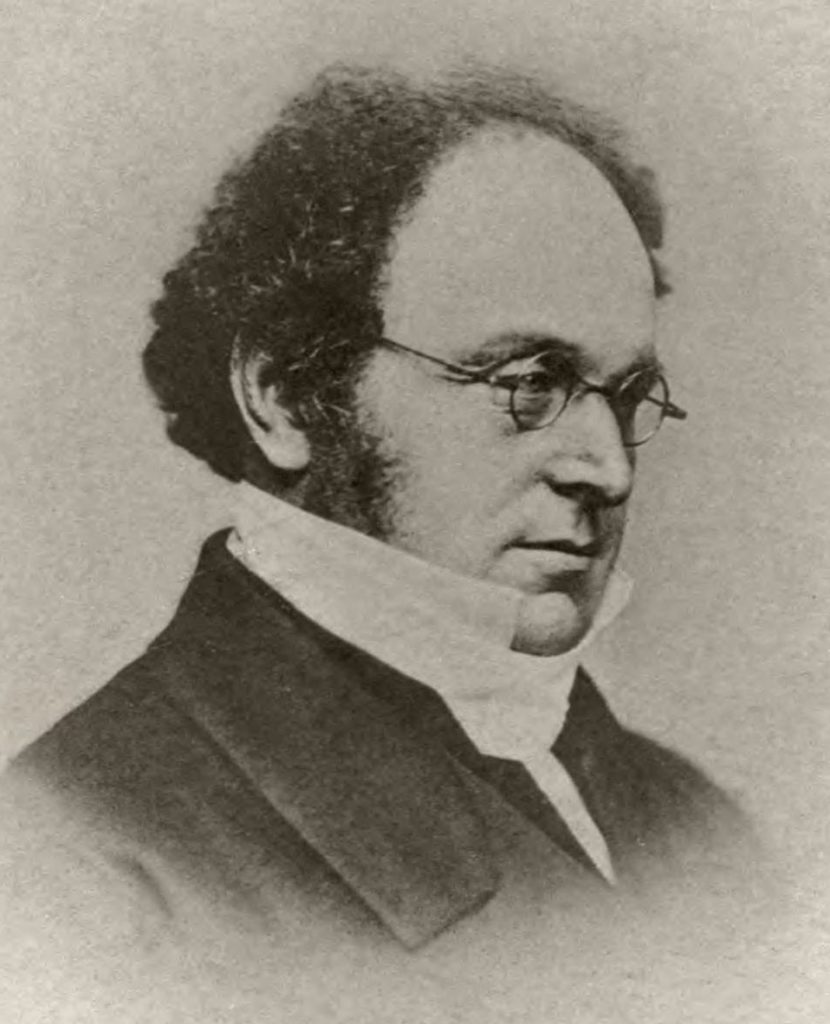A 171-Year-Old Suggestion to Promote Open Science

Tl;dr In 1847, Augustus De Morgan suggested that researchers could avoid overselling their work if, every time they made a key claim, they reminded the reader (and themselves) of how confident they were in making that claim. In 1971, Eric Minturn went further and proposed that such confidence could be expressed as a wager, with beneficial side-effects: “Replication would be…
read more





